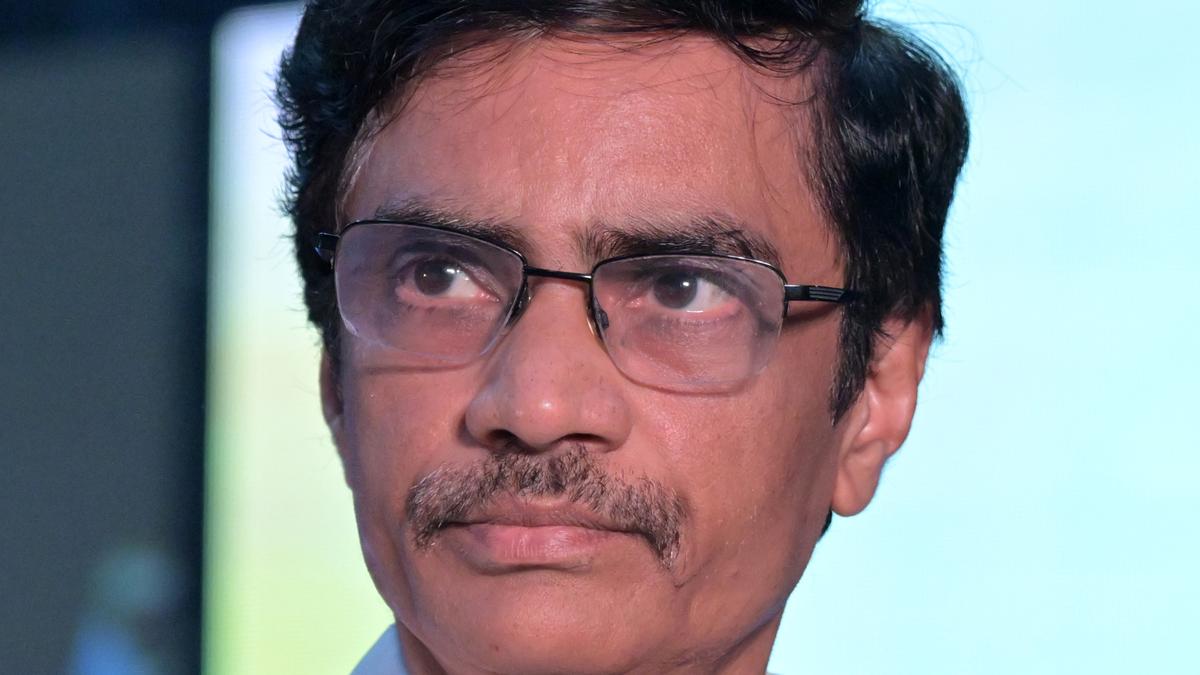Now Reading: Shashi Tharoor Urges India to Invest in Its People for Growth and Innovation
-
01
Shashi Tharoor Urges India to Invest in Its People for Growth and Innovation
Shashi Tharoor Urges India to Invest in Its People for Growth and Innovation
Fast Summary
- Shashi Tharoor, Lok Sabha MP from Thiruvananthapuram, addressed the 21st Convocation Day at the Great Lakes Institute of Management in Mamallapuram on Sunday.
- He emphasized that nations aspiring for innovation and financial prosperity must prioritize investment in their citizens.
- Mr.Tharoor urged graduates to focus on the “Greater Good” and reflect on what defines a nation-moving beyond economic metrics to consider governance, social welfare, and people-oriented advancement.
- He highlighted global challenges such as fragmentation due to identity-based conflicts and renewed focus on war while encouraging action towards building a better future collectively.
- Citing statistics, he stated that by 2034, millennials, Gen Zs, and subsequent generations will constitute approximately 80% of the global workforce.
- mr. Tharoor called upon young professionals to address India’s pressing issues such as income inequality reduction, improving digital connectivity, enhancing infrastructure development, and promoting financial inclusion.
- The event was attended by Debashis sanyal (Director) and Mohan Lakhamraju (Chairman) of the institute.
Indian Opinion Analysis
Shashi Tharoor’s address underscores an important vision for India’s growth: recognizing human capital as fundamental to national progress. His emphasis on inclusive governance and social equity aligns with ongoing debates about balancing economic ambitions with welfare-oriented policies in a fractured global context.
With millennials and younger generations set to dominate the workforce within a decade, his call for addressing systemic issues like income inequality gains particular relevance for India’s socio-economic trajectory.Bridging gaps in infrastructure development and digital connectivity will not only boost productivity but also foster equitable opportunities across diverse populations.
Tharoor’s broader diagnosis-that identity-based divides hinder collective advancements-highlights persistent challenges facing democracies like India during periods marked by polarization globally. The potential impact lies in encouraging youth leaders emerging from institutions like Great Lakes Management Institute to rethink customary success metrics towards more lasting societal outcomes.

























